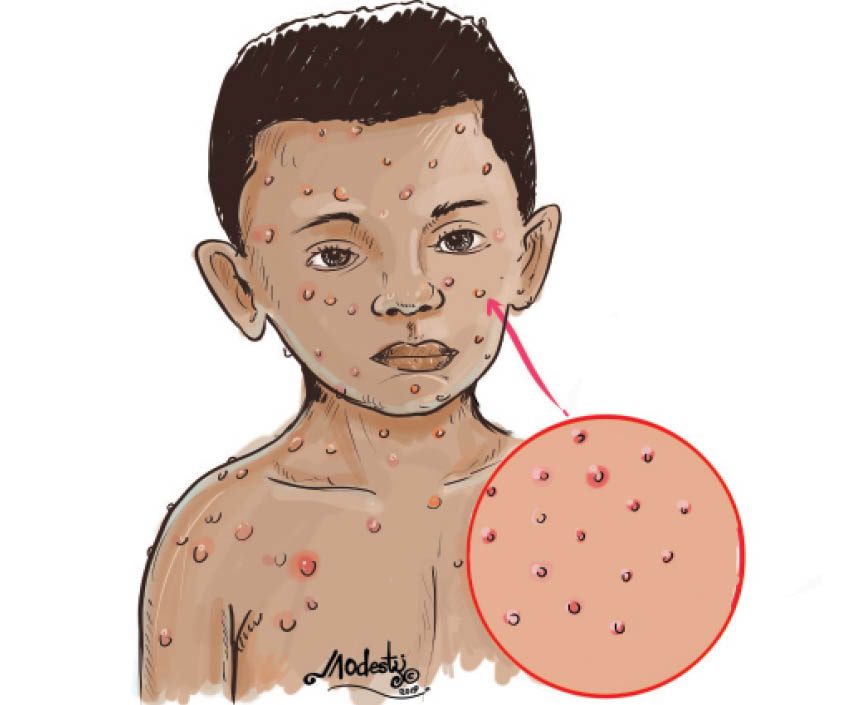An outbreak of measles in Adamawa State, Northeast Nigeria, has reportedly killed at least 40 youngsters.
SaharaReporters discovered that the sickness was spreading in the Mubi North and Gombi local government areas.
According to sources from the state's Primary Healthcare Development Agency, 23 people died in Mubi and 19 in Gombi.
According to an anonymous source, "So far, there are over 200 infected children; out of which 23 victims have been recorded in Mubi and 19 in Gombi."
"There is also a suspected polio case in Gombi." "A team of medical workers has been dispatched to the affected communities to combat the two outbreaks," stated another source.
When reached, the state health commissioner, Felix Tangwami, confirmed the outbreak but stated that "details, including mortalities, will be given tomorrow at a press briefing to be addressed by the deputy governor".
Read more updates on https://docstudyzone.blogspot.com...

Comments
Post a Comment